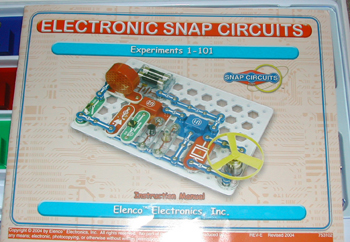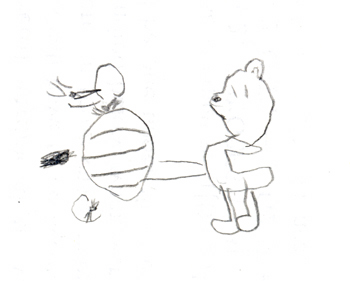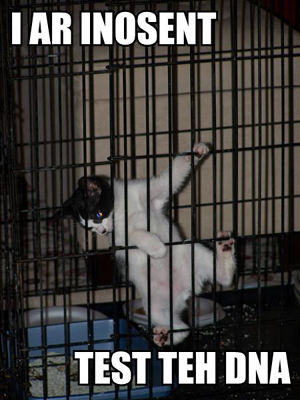Maybe you remember that fund-raiser we did for DonorsChoose last June. We’re kicking off another today. But this time, it’s not just ScienceBlogs bloggers — partners like Google, Yahoo!, Six Apart, and Federated Media are watching the efforts across the whole blogosphere to see which blog has the most generous and engaged readers.
But before we get to the frenzy of competition, let’s start with what matters: the school kids yearning to learn.
As I wrote last year:
Those of us who blog here at ScienceBlogs think science is cool, important, and worth understanding. If you’re reading the blogs here, chances are you feel the same way.
A lot of us fell in love with science because of early experiences in school — teachers who made science intriguing, exciting, maybe a little bit dangerous. But tightening budgets are making it harder and harder for public school teachers to provide the books, equipment, and field trips to make science come alive for kids.
DonorsChoose.org gives us a way to help teachers get the job done. A bunch of us at ScienceBlogs have set up Blogger Challenges which will let us (and that includes you) contribute to worthy school projects in need of financial assistance. We’ll be able to track our progress right on the DonorsChoose site. And — because we like a little friendly competition — we’ll be updating you periodically as to which blogger’s readers are getting his or her challenge closest to its goal.
You don’t need to give a barrel of money to help the kids — as little as $10 can help. You’re joining forces with a bunch of other people, and all together, your small contributions can make a big difference.
This year, the challenge runs for the entire month of October. A number of ScienceBloggers have already put together challenges, but I suspect a few more may arrive fashionably late. Here’s who’s in so far:
A Blog Around the Clock (challenge here)
Adventures in Ethics and Science (challenge here)
Aetiology (challenge here)
Cognitive Daily (challenge here)
Deep Sea News (challenge here)
Evolgen (challenge here)
Gene Expression (challenge here)
Omni Brain (challenge here)
On Being a Scientist and a Woman (challenge here)
The Questionable Authority (challenge here)
Retrospectacle (challenge here)
The Scientific Activist (challenge here)
Stranger Fruit (challenge here)
Terra Sigillata (challenge here)
Thoughts From Kansas (challenge here)
Thus Spake Zuska (challenge here)
Uncertain Principles (challenge here)
How It Works:





